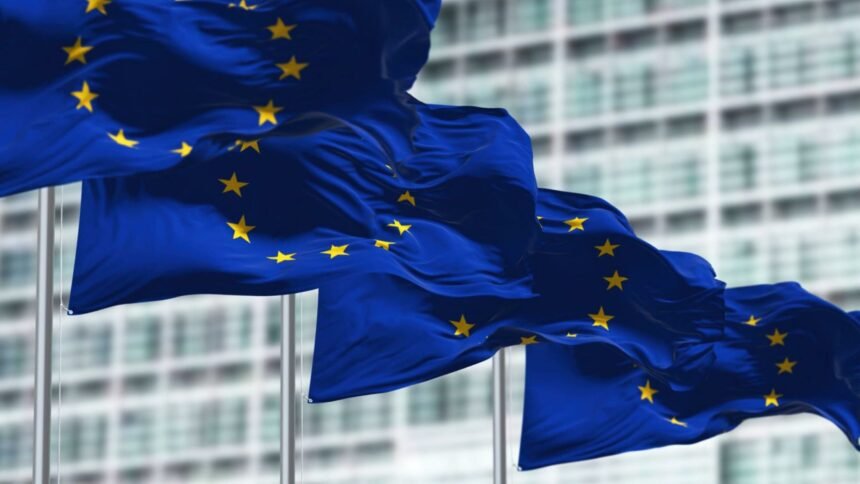European Union leaders reached an agreement last night to support Ukraine’s financial needs for the next two years, but did not approve the release of €140 billion in frozen Russian assets, which had been intended to help fund Ukraine’s defense.
The decision to use these assets was postponed until December, after Belgium raised concerns about the plan. The move would have represented an additional measure to the EU’s existing sanctions against Russia, aimed at undermining the Kremlin’s oil revenues.
Ahead of a summit in London, where UK Prime Minister Keir Starmer is expected to urge European leaders to supply long-range missiles to Ukraine, both Ukrainian President Volodymyr Zelensky and NATO Secretary General Mark Rutte are set to attend the meeting of the so-called “coalition of the willing”, reports BBC.
EU ministers discussed ways to make use of frozen Russian assets as “credit for reparations”, but the proposal did not receive final approval. The European Commission is now tasked with presenting “options for financial support based on the assessment of Ukraine’s financial needs.”
The goal remains to reach a final deal on Russian funds by December.





